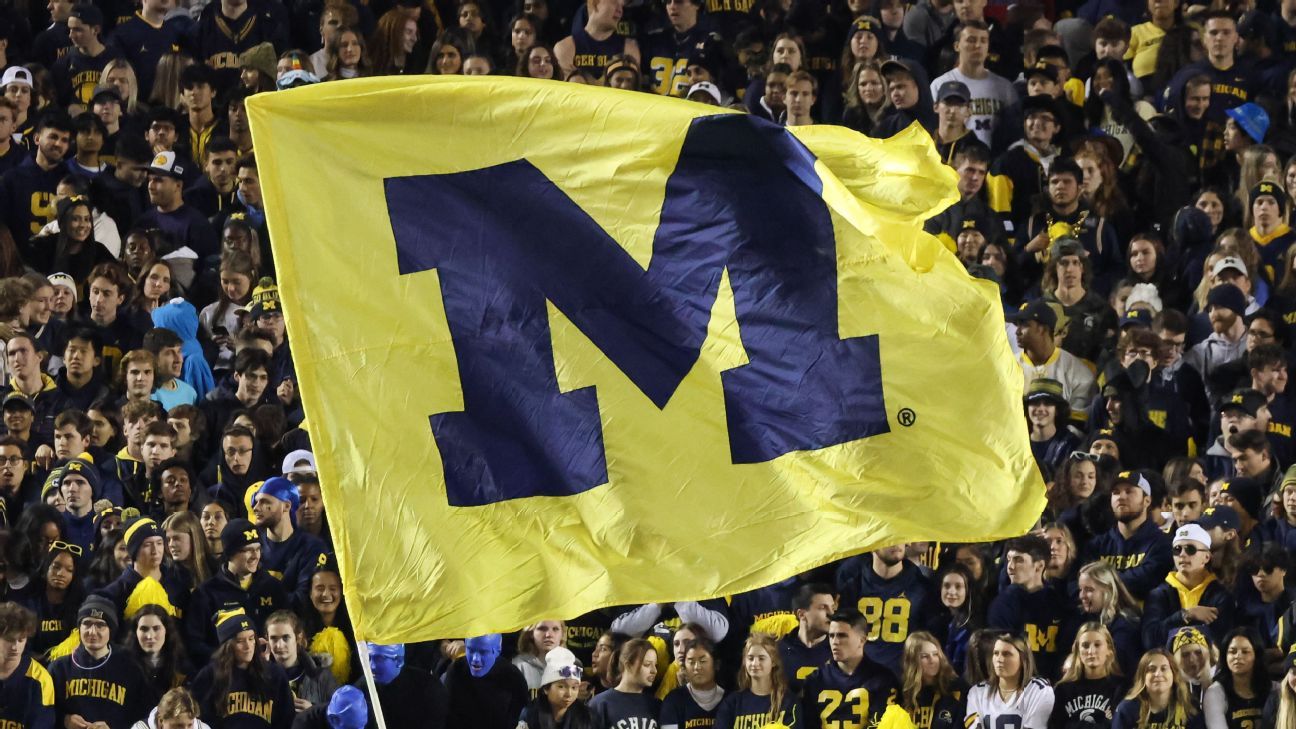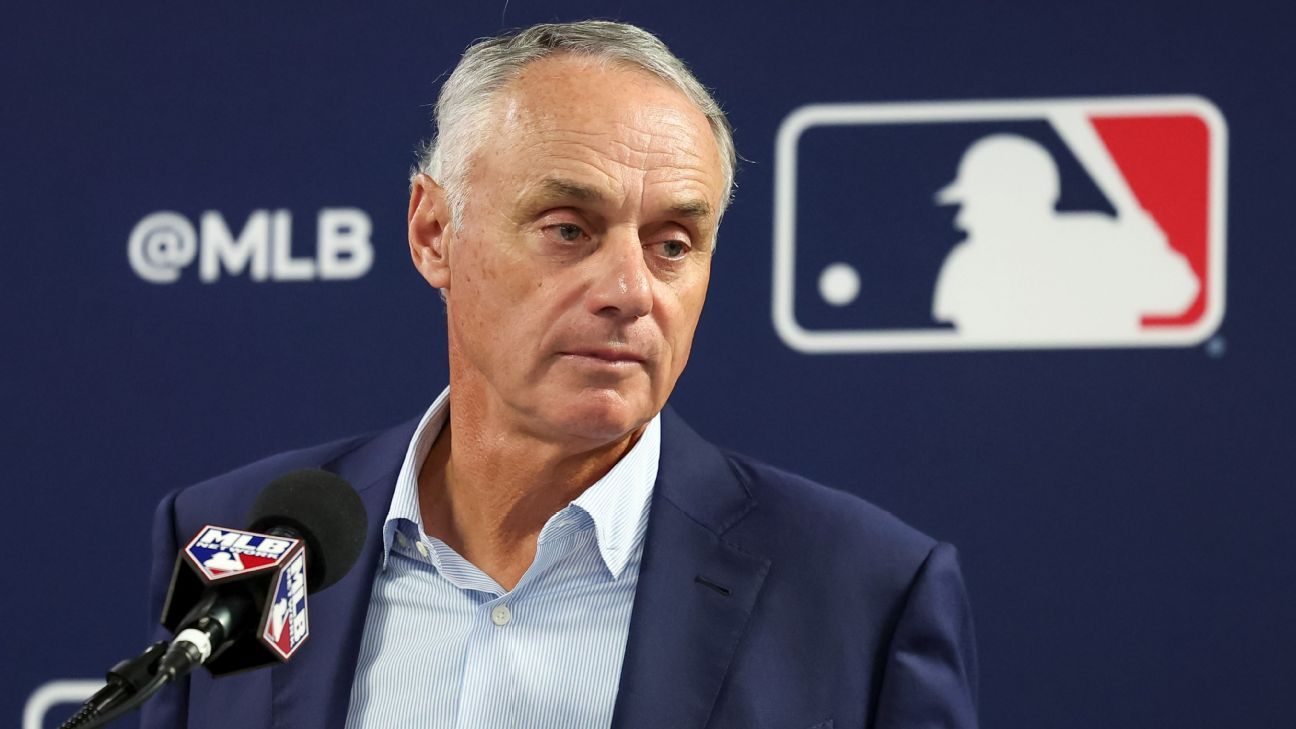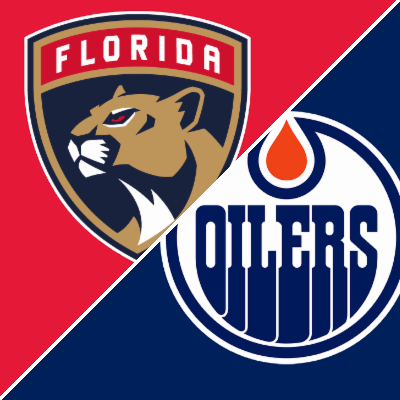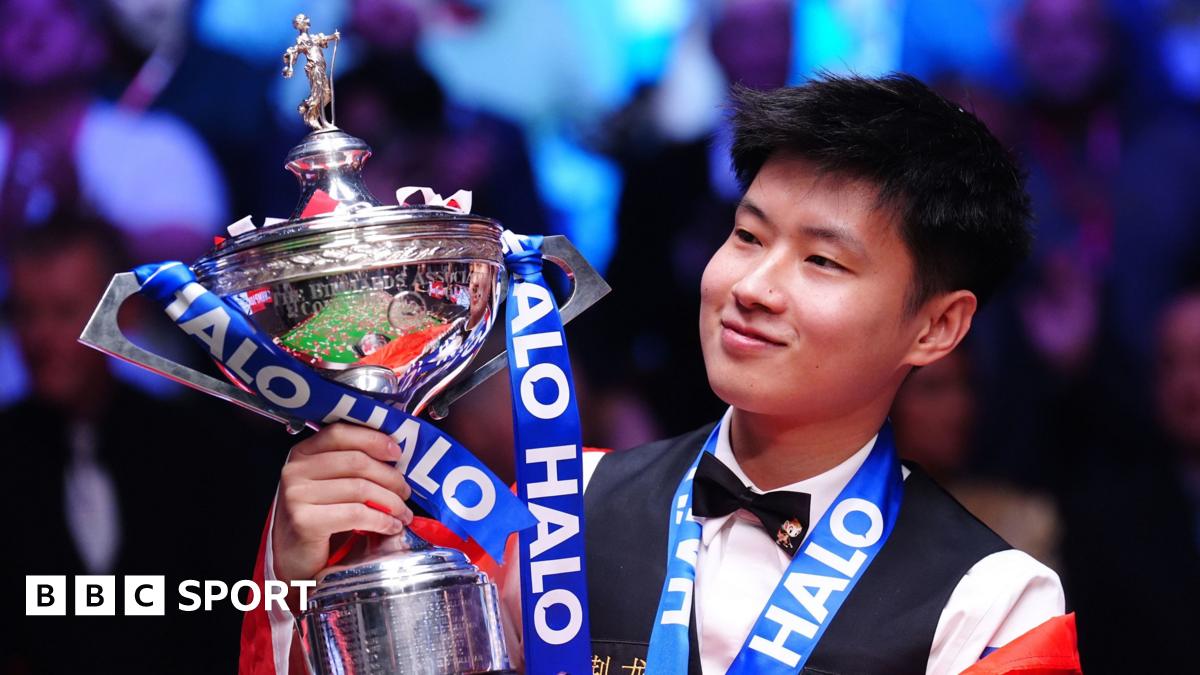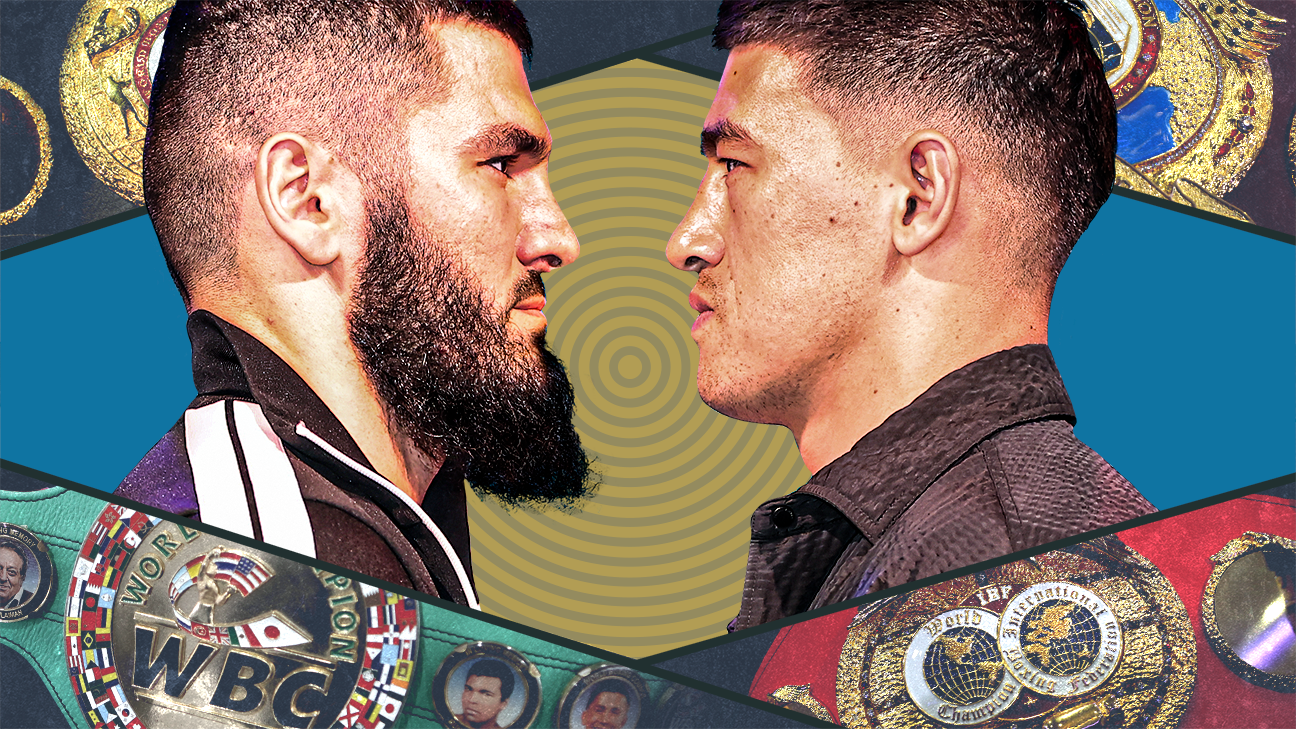
Myron MedcalfFeb 5, 2025, 01:00 PM ET
- Covers college basketball
- Joined ESPN.com in 2011
- Graduate of Minnesota State University, Mankato
PROVO, Utah -- The Strap Tank Brewery looks like a postcard from a scenic ski resort, the type of place where you can eat half-pound bison burgers while surrounded by vintage planes and motorcycles, all with the snow-covered Rocky Mountains as the backdrop.
At a table near the back of the brewpub, Paul Liljenquist -- one of BYU's most active boosters -- took a sip of water and made a declaration days after he and colleagues had committed almost eight figures to secure A.J. Dybantsa, ESPN's No. 1 recruit of the 2025 class, in an attempt to reshape the college basketball landscape.
"You're not going to outbid us," said Liljenquist, the CEO of Focus Services, a $500 million company based in Utah.
It shocked the basketball world when the high-flying prospect -- a Black, non-Mormon kid from Boston -- zeroed-in on a private, predominantly white, Mormon school in the mountains of Utah.
But BYU's backers -- featuring wealthy entrepreneurs who have helped the Salt Lake City area earn the moniker "Silicon Slopes," a fruitful hub for tech mavens who profited from the early-2000s tech boom -- made it clear they could offer the reported $8.5 million sum Dybantsa's signing demanded.
"You couldn't do this if the tech boom didn't happen 20 years ago because you wouldn't have the donor base now," Liljenquist said. "You would just have doctors and attorneys and, well, they're not writing million-dollar checks."
The flagship program of the Church of Jesus Christ of Latter-day Saints, BYU has aspirations to create a new association with its brand: As a blue blood. College basketball's legacy programs remain the most influential in the country, but NIL rules have restricted their monopoly on five-star talent, opening the door for teams like the Cougars.
"I think BYU basketball can be one of those basketball ... powerhouses," said Cougars guard Dallin Hall. "And so I think that's something we're trying to build. I think that's something that BYU can become, that when you see [BYU], you're like, 'Oh, that's one of the basketball superpowers in the country.'"
Can a recent mid-major team really soar into the conversation with the sport's prestigious programs?
A fervent, lucrative group of supporters are willing to pay to find out. And their efforts started with a signing arguably more critical to their long-term trajectory than a top prospect: a new head coach.
Days after Kevin Young left the Phoenix Suns to succeed Mark Pope last April, the Cougars' wealthiest boosters packed in a room -- where the net worth exceeded $10 billion, per sources -- to hear from the Cougars' new leader who had earned a stellar reputation as a future NBA head coach thanks to his work with Kevin Durant, Devin Booker, Joel Embiid and other stars.
Young beamed a PowerPoint onto a screen to present everything he believed he could achieve at BYU if they promised to back him. That approach -- an organized, passionate address that made the boosters feel like they were part of the team and not just rich backers -- appealed to the business-savvy crew that left the meeting as believers.
Young told the group that his NBA experience, his attention to detail, a winning culture and flow of cash to rival the coffers of powerhouse programs around the country could change BYU basketball, a Big 12 squad that battled Gonzaga and Saint Mary's in the West Coast Conference only two years ago.
And as unlikely as the rise BYU is betting on seems, Young's career is a testament to rapid rises.
In 2006, he was coaching the Shamrock Rovers Hoops pro team in Ireland. After multiple stops as an assistant in the NBA and three years as an associate head coach in Phoenix, Young was considered a top candidate for the Charlotte Hornets' head coaching opening when BYU was recruiting him this past spring. But as a member of the Mormon church, Young had particular interest in the opening at BYU.
Like his communication style, though, Young keeps his religious views understated around his teams -- players he has coached have appreciated his ability to create a connection without making an attempt to flex his authority.
"[Young] is an unbelievable coach," said Chris Paul three years ago when he played for Young in Phoenix. "He's a great coach. He's one of the most competitive guys in our locker room."
In 2018, as an assistant with the Philadelphia 76ers and head coach of the franchise's Summer League team, Young walked into the locker room following an 88-86 win over the Suns. His postgame speech, which included praise for individual contributors, lasted only 42 seconds.
"Now it's fun, right?" he told them. "Now we're in the fight a little bit more. Good job, fellas."
These qualities are evident in his approach in Provo, too. At a December practice, Young rarely spoke -- but when he did, he did not waste words.
Young's NBA experience has also helped him put a spotlight on BYU, compelling decision-makers at the professional level to add Provo as a stop on their scouting tours despite the school not having produced a first-round draft pick in more than a decade. Last Tuesday, 32 pro scouts watched BYU's Kanon Catchings (23 points) and Baylor's VJ Edgecombe (28 points) battle in the Cougars' 93-89 overtime victory at the J. Willard Marriott Center.
But Young also has an NBA attitude when it comes to how money impacts the game.
Over the past five years, multiple veteran coaches have cited NIL as a challenge that encouraged them to leave college basketball. Mike Krzyzewski, Roy Williams, Jim Boeheim, Jim Larranaga, Tony Bennett and Jay Wright have all retired from illustrious careers in part because they didn't want to manage teams in this evolving climate. Just earlier this month, former Florida State players filed a lawsuit that alleged head coach Leonard Hamilton -- who has since announced he'll step down at the end of this season -- failed to fulfill his NIL promises.
Young, however, has spent the bulk of his coaching career in the NBA, where money is just part of the game.
"I think I'm at a major advantage because I have no points of reference prior to this," he said. "I think that has helped me dramatically with the combination of the support we have here. I think they quickly realized that we were going to be able to get things done."
Just a few short months after Young brought BYU's deep-pocketed boosters together, Dybantsa and his Oakland Soldiers teammates ran onto the floor at Peach Jam in North Augusta, South Carolina, as every Division I coach in the gym perked up at the top prospect's introduction.
John Calipari, who'd been mingling with other coaches at the time, focused on the court. Bill Self waved to a few of his colleagues before he quickly plopped down in his seat, too. And the 6-foot-10 frame of Kentucky head coach Mark Pope was front and center as the five-star recruit soared above the rim with a ferocity that made spectators gasp.
Dybantsa is a shooting guard trapped in a power forward's body. He defies gravity, moving with grace few his size can match. And when he's granted any space near the rim, he soars.
"Right now, he would be the No. 1 pick in the NBA draft," said one NBA scout of that day's effort from Dybantsa, who'd just completed his junior year of high school. "Right now."
Dybantsa had drawn scholarship offers from every elite coach in that gym at Peach Jam, but he chose to play for one of the least-recognizable faces in attendance: Young.
"A lot stood out on my visit," said Dybantsa, who attends high school in Utah, during an interview on ESPN's "First Take." "He coached my favorite player of all time, Kevin Durant. And [Durant] had high praise about him.
"I think it's going to be the best development program for me."
The No. 1 recruit doubled down on a recent episode of Stephen A. Smith's podcast. "They have an NBA staff, all the way down to the dietician, strength coach, analytics guy," Dybantsa said. "And my ultimate goal is to go to the NBA. Why not surround myself [with those resources] a year early?"
Ultimately, there were considerations Dybantsa had to accept about playing at BYU that wouldn't have been a factor at other schools, including that he'll have to abide by an honor code that bans premarital sex, alcohol and caffeine. And as non-Mormon athletes who came before him have learned, that code is actually enforced by BYU's honor council.
There's also the matter that any 6-foot-11 Black student would stand out on BYU's predominately white campus, regardless of athletic ability or religious affiliation. But demographics didn't worry Dybantsa and his family -- they value their connection with the coaching staff and the Cougars' ability to prepare him for a future in the NBA.
"My wife and I went to Provo back in April. That was during the [NBA] playoffs," said Ace, Dybantsa's father, on Smith's podcast. "Kevin Young flew from Phoenix, Arizona, to come and say hello to us. He kind of laid down what he wanted to do, so we listened. And then he continued to have conversations with us. He introduced us to his staff, just like [my son] said. Everything was NBA."
The calculus of Dybansta's decision is a testament to what Young is building in Provo -- he's created a professional structure akin to the blue bloods that have adapted a similar approach. His brother, Justin Young, is essentially the Cougars' general manager in his role as director of recruiting. The Cougars also have a director of analytics and strategy, a director of player development, and seven graduate assistants.
Unlike the coaches who have exited the sport, Young is not running from the idea that college basketball has become a business that more closely resembles the NBA. He's embracing it -- and it's already doubling as a beacon for the program.
"After [Dybantsa] announced he was coming here, we were already getting some interesting calls and now it's like, between me and the rest of my staff, we're fielding some pretty interesting calls, whether that be potential games, potential [nonconference tournaments] that people want us to play in or from recruits from all over the world," said Young, who signed a seven-year, $30 million deal when he accepted the job. "And so it's kind of putting us in a spot where we're like, OK, hopefully that all has legs, and now we can be selective on who we bring in."
On a late December evening, Young stood in a hallway as an audience of BYU fans awaited his entrance. A bright red sign began to flash "APPLAUSE" as the first-year Cougars head coach walked onto the set of the BYUtv studio. The crowd obliged and clapped once Young appeared.
The studio that hosts Young's weekly coaching show resembles the set of "Saturday Night Live" or a prime-time sitcom; BYUtv is a fully functioning network that airs more than 2,000 hours of programming on a channel that's available to more than 50 million homes.
The polished presentation is a stark contrast to coaches' shows around the country, which are sometimes broadcast from a local restaurant or dive bar -- another indication of BYU's investment in this program and the purpose behind it.
But while the Cougars hope to contend with blue bloods for years to come, they'll also have to contend with precedent: Programs that have been in their position before have struggled to turn a surprise signing like Dybansta into a gold rush.
Look no further than Cade Cunningham, the No. 1 pick in the 2022 NBA draft, who led Oklahoma State to the second round of the NCAA tournament that season -- but whose star power the Cowboys failed to parlay into more top prospects, firing head coach Mike Boynton two years later.
The list goes on: Markelle Fultz at Washington (2017), Ben Simmons at LSU (2016), Anthony Bennett at UNLV (2013) -- all No. 1 picks who signed with programs that were not considered powerhouses at the time. Washington and Simmons both failed to lead their teams to the NCAA tournament in their lone seasons, which did not reshape their respective programs' stature while UNLV lost in the first round of the tournament with Bennett, not returning to the Big Dance since.
All of their coaches were fired years later when they failed to sign similar talent. And all three players fell short of expectations in the NBA, too.
Finally, there are the instances in which top prospects don't even translate to on-court success for the programs they join: Georgia won just 16 games in 2019-20 with Anthony Edwards, the No. 1 pick in that year's draft, and Tom Crean was fired two years later. And just this season, Rutgers signed not one, but two projected top-three picks in ESPN's latest 2025 NBA mock draft -- Dylan Harper and Ace Bailey -- only for the Scarlet Knights to find themselves on the outside looking in of the NCAA tournament bubble.
Whether BYU can buck this trend with Dybansta will be the looming question as the Cougars enter the spotlight. The buzz they'll enjoy -- or come to loathe -- nine months from now is a factor blue bloods have to deal with every season. There is always scrutiny for those schools to not only match expectations, but often to exceed them, too.
But it's the cost BYU and its backers are paying to risk, going all-in on Dybansta in what Young and the Cougars hope to be a long line of top prospects in Provo.
"I really feel like it's just this perfect storm that's converging," said Liljenquist. "I think Young has built a machine here that I think is going to produce for years and years to come."
Only time will tell.






